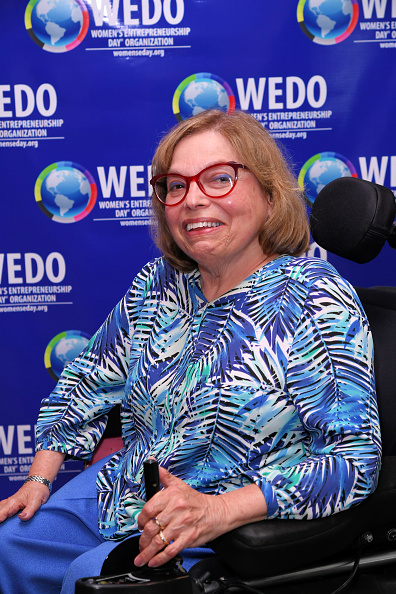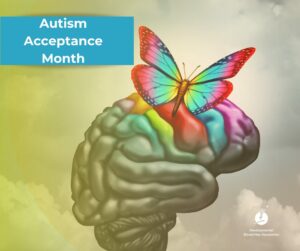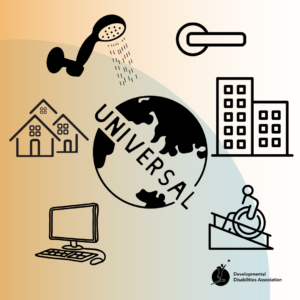By Tasia Alexis
Judith (Judy) Heumann – December 18, 1947 – March 4, 2023
“When other people see you as a third-class citizen, the first thing you need is a belief in yourself and the knowledge that you have rights.” – Judith Heumann
Judith believed that disability rights are human rights. She was a warrior, a hero to many, a visionary, an activist, a leader, and so much more. At the age of 30, Heumann was one of Time Magazine’s 100 Women of the Year, a list of the most influential women of the last century.
She was often called the Mother of the Disability Rights Movement and helped change the world for many people with disabilities. She was the person who strategized and fought and created change for not just people with disabilities, but for human beings around the world. She successfully moved President Richard Nixon to sign the first federal civil rights legislation for people with disabilities. She was instrumental in the development and implementation of the Americans with Disabilities Act and the Convention on the Rights of Persons with Disabilities at the United Nations.
Judith protested, fought, and won. In the mid 1970’s she helped to establish and launch independent living centers in the US. The centers changed how people with disabilities were seen, treated, and encouraged to live more independent lives. There are now over 700 independent living centers in the US and many more all over the world.
As a child, she contracted polio and spent 3 months in an iron lung. As a 5-year-old in New York, she was denied public schooling because she was in a wheelchair and considered a fire hazard. Her parents continued to fight for her rights and support her as she learned to fight for herself and others. Her life was full of barriers, but that didn’t stop her. She trailblazed a clear path forward that not only helped herself, but others to dare to dream and accomplish their goal of accessibility, access, inclusion, and equality. She was inspirational in teaching others by example to not give up. She taught others to believe that their lives are worthy and that they deserve a seat at the table. She taught us to never settle, there is always more to achieve in imagining a better world.
I had the honour of meeting Judith Heumann on two occasions at the UN Consulate. I was in awe of her. She forever changed the way I thought about disability rights. She was so incredibly kind, fierce, tough, and determined. She was a true educator and made sure we received the information that was needed. When she didn’t have it, she had her office follow up and provide us with the information. A lifelong civil rights advocate, with every word she demanded rights, access, and inclusion and was not afraid to go up against the powers that be. She was transformative and her impact on this world is immeasurable.
The fight for human rights and social justice continues. We must remain vigilant and focused on protecting these rights. There is still discrimination in education, employment, housing, transportation, judicial system, access to public buildings, centers of excellence, hospitals, facilities, and access to equal medical care. These rights are essential: fairness, respect, autonomy, equality, and dignity. Everyone needs these rights in order to achieve their full potential and thrive.
This is why the City of Vancouver needs an Accessibility Strategy because it reinforces our civil rights, dignity and the independence of people with disabilities to live, work, and play in a city where everyone’s rights are protected and promoted. People with disabilities demand a seat at the table to participate – Nothing About Us Without Us. All City services will use a lens to promote equality, diversity, access, and inclusion. People want to know and see that they are included and belong. The strategy assists in breaking down exclusionary policies, removing barriers, and challenging biases. This is the City we want, and it is Vancouver’s commitment to support the full participation of persons with disabilities.



